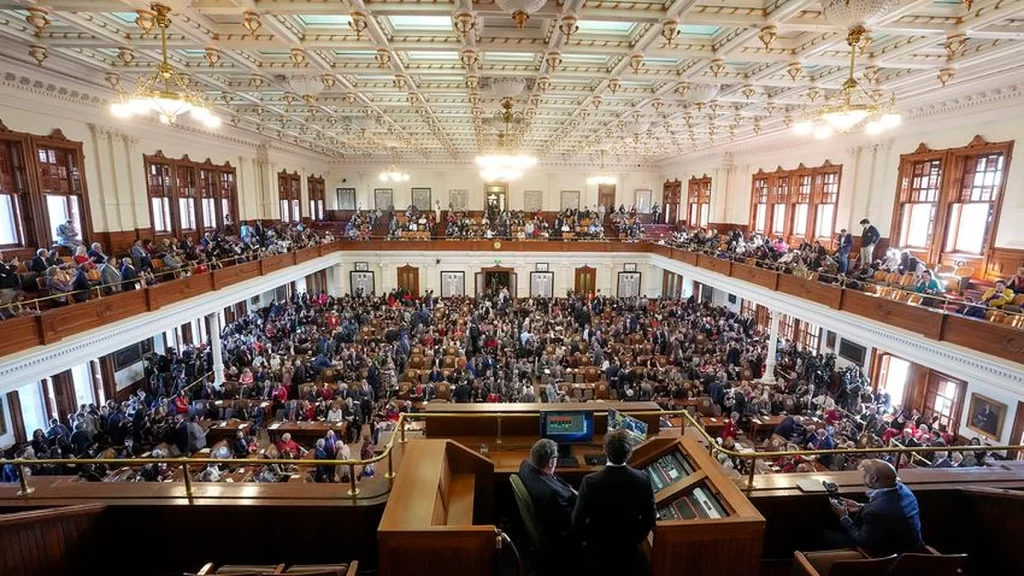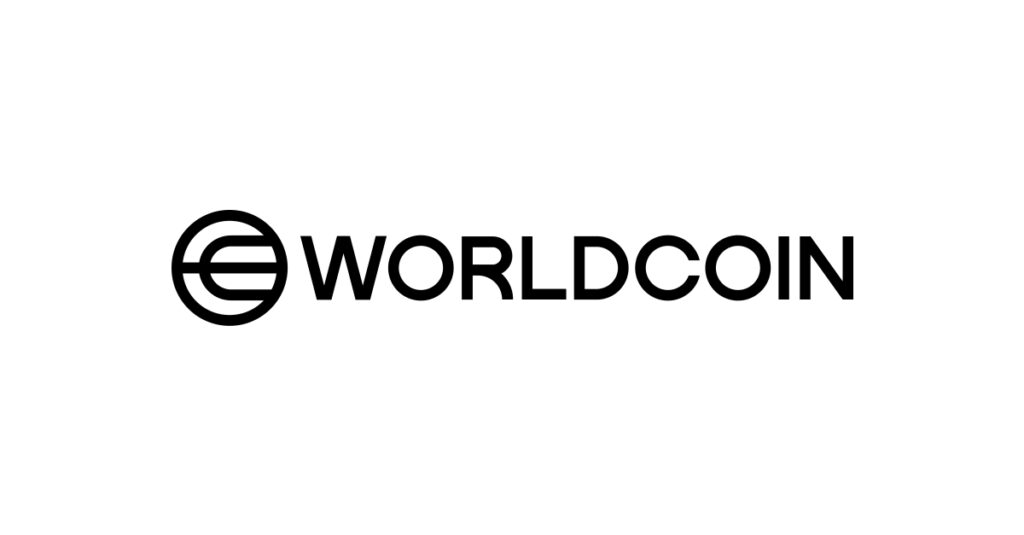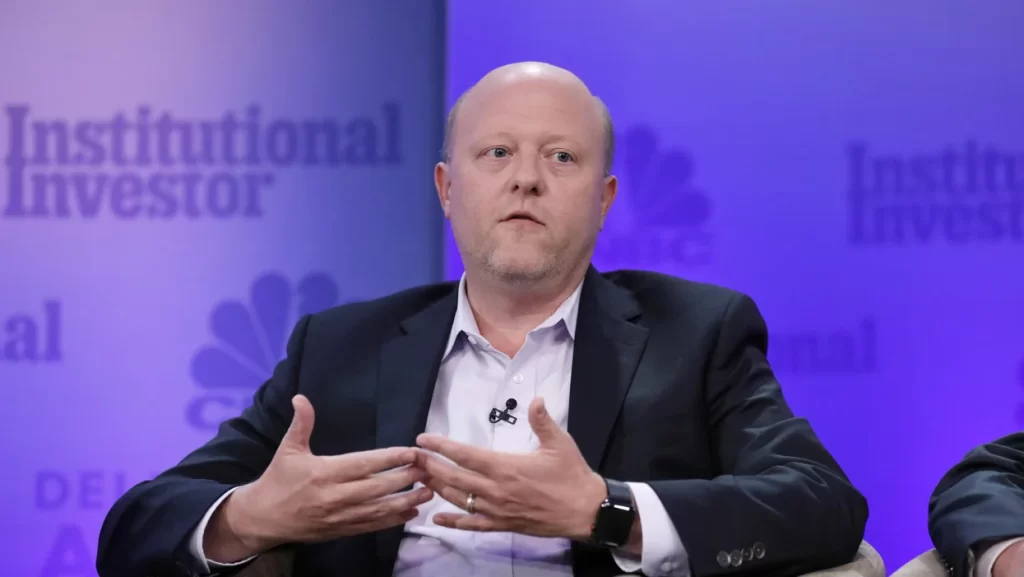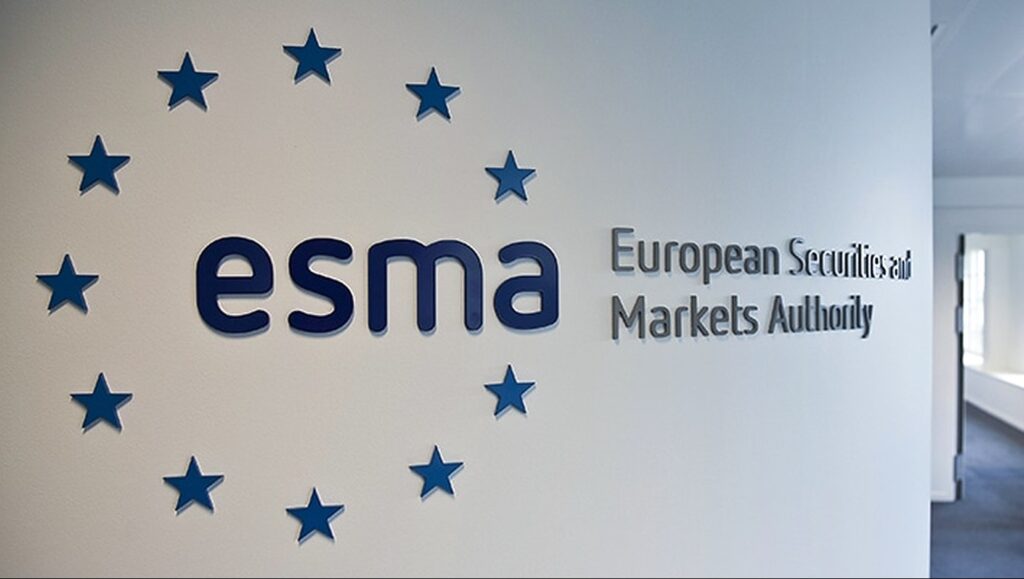Coinbase’s Base mainnet is now accessible to builders, as stated in a blog post by the network’s development team on July 13.
This early opening of the network is aimed at allowing more time for user onboarding before its official public launch, which is scheduled for August.
Coinbase initially unveiled the Base network on February 23, presenting it as an Ethereum layer-2 solution that would leverage the OP Stack software developed by Optimism.
The Ethereum community welcomed this announcement, perceiving it as a significant vote of confidence for Ethereum’s future.
In the recent announcement on July 13, the team revealed that the Base mainnet currently features two operational block explorers and an official RPC node, enabling users to access data and transmit transactions.
READ MORE: Bitcoin ETF Approval Could Act as Government’s ‘Seal of Approval’
Data from the block explorers indicates that the network has been operational since July 2, having successfully processed over 1 million transactions.
Blockchain data confirms the deployment of an official “OptimismPortal” or Base bridge contract on Ethereum.
This contract enables developers to transfer Ether (ETH) to the new network for gas fee payments.
Notably, the bridge does not have a web-based user interface (UI), necessitating the use of a command-line interface or script-based interactions.
During the initial “builder” phase, the team has decided to withhold a publicly accessible bridge with a UI.
They have specifically requested developers to refrain from launching UIs for their applications until the upcoming public launch, where this feature will be available.
To celebrate this milestone, builders are given the opportunity to mint a commemorative non-fungible token (NFT) called “Base is for builders.”
Furthermore, developers deploying a contract to the network and completing a form on the project’s website will receive a “Genesis Builder NFT” as a reward.
Optimism Labs, the creator of the OP Stack, envisions a future where Base and Optimism form a “Superchain,” comprising multiple networks sharing the same security features.
However, this Superchain is expected to face competition from zkSync’s “Hyperchains,” which aim to offer similar functionalities.
In conclusion, Coinbase’s Base mainnet is now accessible to builders, enabling them to explore and contribute to the network ahead of its public launch.
This marks an important step in the development of the Base network and its integration with Ethereum’s ecosystem.
Other Stories:
United States DoJ Moves $299 Million Worth of Bitcoin in Recent Transactions
Elon Musk Launches xAI: A New Venture to Unravel the Mysteries of the Universe











